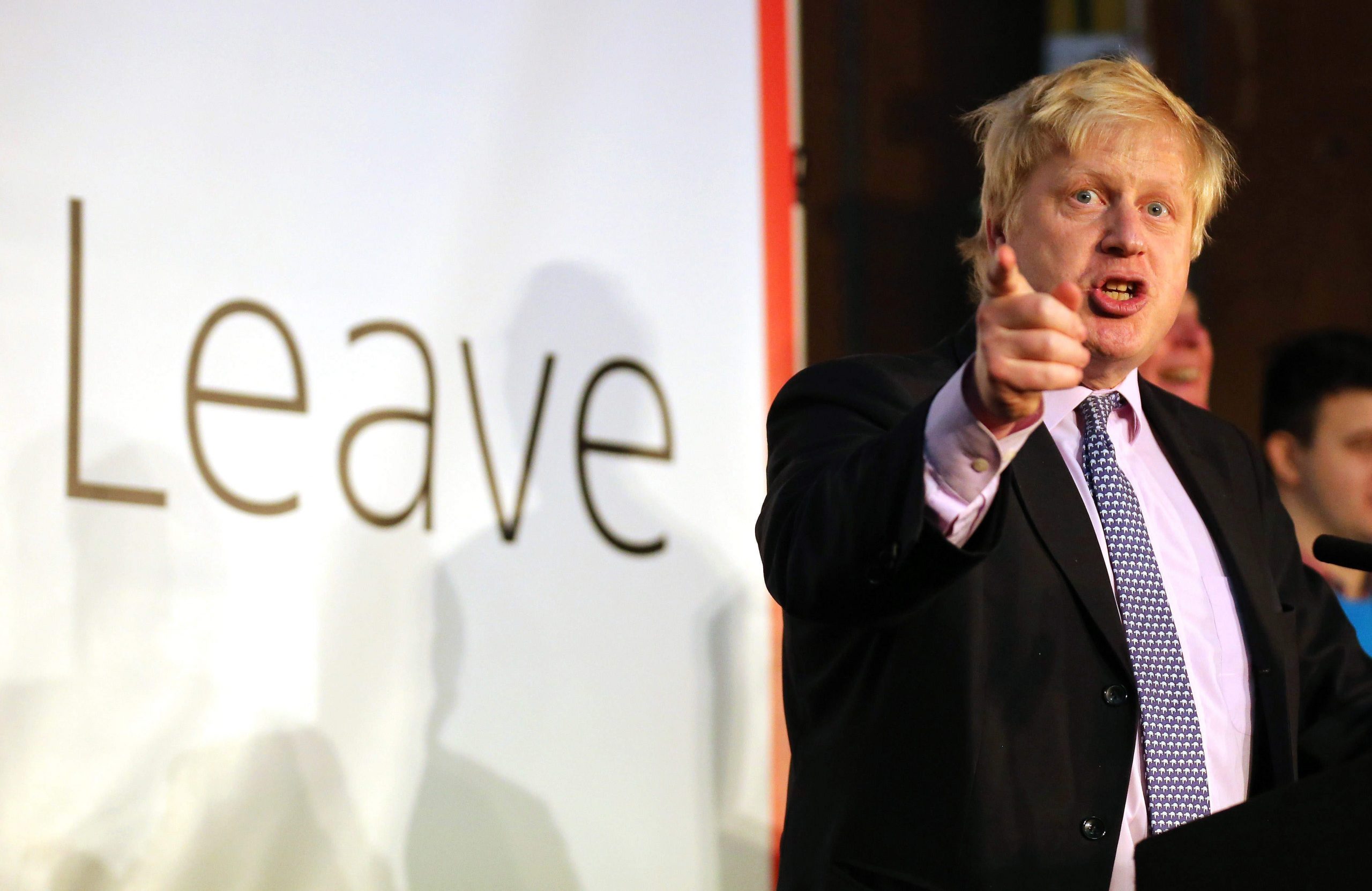
Many newspaper front pages today reported that Boris Johnson is making it illegal for the Brexit transition period to be extended beyond December 2020. Cue outrage from legal commentators, who pointed out that this is mere political showmanship.
Johnson has a solid majority. He can make an extension illegal. He can also make an extension legal again 12 months later if circumstances change. Concessions to Labour rebels on workers’ rights will also be dropped from the Withdrawal Agreement Bill — but the Conservatives were always going to do that when given the chance.
No, surely the most important change being mooted, and the one that has attracted the fewest headlines, is Johnson’s quiet dismissal of parliamentary oversight of the negotiations. The Department for Exiting the EU previously explained the mechanisms for scrutiny as follows:
“During the negotiations with the EU, Ministers must seek to achieve the objectives approved by parliamentarians and report back to Parliament on progress every three months.(…) If a Minister’s assessment is that the future relationship with the EU is not likely to reflect the objectives, the Minister will be obliged to explain why that is the case.”
This would have had the effect of keeping negotiators honest. If the steel industry was being protected from tariffs, but the fishing industry was about to feel their full force, then the public would at least have been aware of the trade-offs of negotiating an agreement. MPs could warn their constituents. Economists, journalists and trade experts could have interrogated the consequences.
Now the honesty of the negotiations will rely entirely on leaks. As we know from the experience of Operation Yellowhammer earlier this year, it highly likely that any speculation that makes its way into the press will be dismissed offhand by Downing Street’s spin doctors (quite possibly only to be confirmed at a later date).
During the election campaign, Johnson successfully avoided facing hard questions from interviewers. Now his parliamentary majority will allow him to continue on his unscrutinised path as he makes some of the biggest changes to the UK economy in post-war history.






